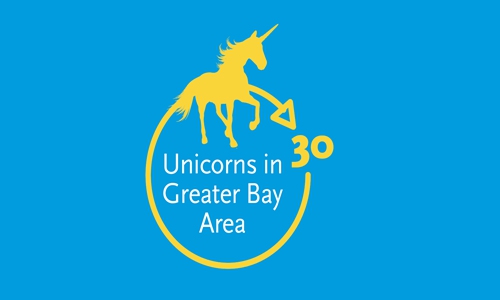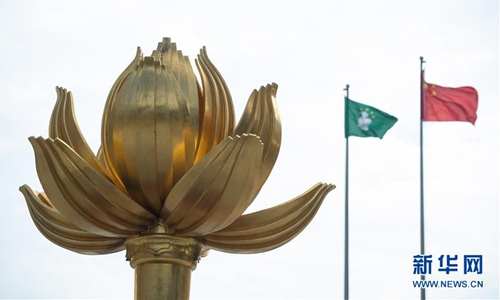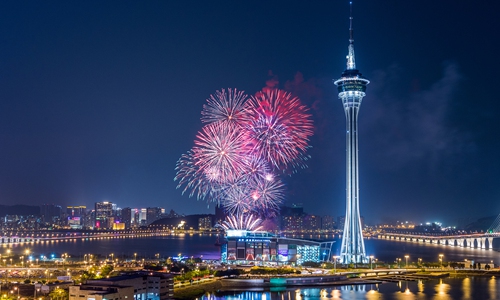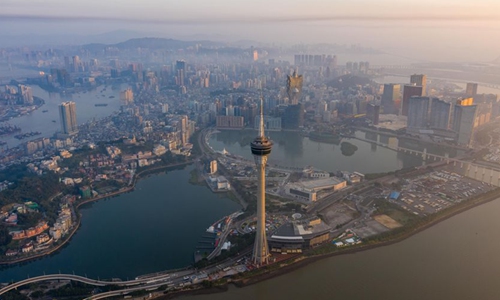HOME >> SOURCE,SPECIAL-COVERAGE
World's gaming capital may be ace of kings in technology world
By Li Qiaoyi in Macao Source:Global Times Published: 2019/12/19 21:43:40
World's casino capital may be ace of kings in technology world

Photo taken on Dec. 17, 2019 shows the night view of Ruins of St. Paul's in Macao, south China. Over the past two decades, the special administrative region has made great strides in economic development and achieved prosperity and stability under the "one country, two systems" principle. Photo: Xinhua
The gaming capital of the world may well turn out to be the ace of kings in the technology world, according to entrepreneurs and ordinary people pursuing new directions for Macao's economy and their own lives, as they are eager to capitalize on the city's emergence as a regional hub for technology and business innovation.
"I hope that Macao will have its first unicorn company within two years," Stanley Ngai Lap-San, deputy CEO of the Macao Youth Entrepreneur Incubation Centre (MYEIC), told the Global Times in an interview.
Roughly 150 entrepreneurial projects are up and running at the center, according to Ngai. Around 55 percent of the projects are technology-heavy, 20 percent of them revolve around culture events, and another 12 percent are committed to trade and exhibitions. The remaining projects focus on biology and pharmaceuticals, among others.
The incubator was established by the Macao Economic Bureau in 2015, and it is currently operated by Parafuturo de Macau Investment and Development, a public capital company created by the government of the Macao Special Administrative Region (SAR), in 2015.
In the foreseeable future, the city will still be largely powered by its casino business, but with the government expected to roll out pro-innovation policies, it is hoped that Macao's GDP would continue to rise and its economy would become more diversified, Ngai said.
High level of confidence
The development plan for the Greater Bay Area has clarified that Macao is one of the four key cities in the area and a core engine for regional development. This indicates a high level of confidence the nation has in Macao and its eager expectations for the city, the Xinhua News Agency reported on Sunday, citing the National Development and Development Commission, the nation's top economic planner.

Graphics: GT
"We'll continue to support Macao in playing the role of core engine, and strengthen Macao's typical and competitive sectors while pushing for the economy's diversification," said the report.
Start-ups are entitled to use the government-backed incubator, which is open 24/7, for free in the first half year before trading for no more than 5 percent equity stakes at the start-ups for continued use.
The center has applicants lined up, Ngai said, without disclosing the number.
The incubator doesn't have restraints on entrepreneurship in terms of sectors. Individuals with local IDs and companies that have been registered in the city can apply for vacancies at the center.

Macaoa Photo:Xinhua
Anticipating first unicorn
The vision of housing a unicorn, referring to start-up businesses with a valuation of $1 billion or more, would add Macao to the nation's expanding portfolio of unicorns.
The Hurun Global Unicorn List 2019 was unveiled in October. China topped the list with 206 entries, followed by the US with 203. The two countries are home to more than 80 percent of the world's unicorns.
Beijing is the global hub for unicorns, housing 82, while San Francisco, the second-rated, is home to 55. Hong Kong has four, as do Paris, Berlin and Chicago.
Expectations for Macao to have its first unicorn would put the city on par with the likes of Spain, Australia and Luxembourg, which each have only one unicorn, according to the Hurun ranking.
"Macao's jobless rate is fairly low and some young people who want to start up their own businesses actually have a full-time job," Ngai said, speaking of the incubator located in Macao's prime business area.
One of the hopefuls vying to become the first unicorn is local takeaway app Aomi founded by Jiang Haitao. Originally from East China's Jiangsu Province, Jiang embarked on an entrepreneurial adventure in the city after graduating from the Macau University of Science and Technology.

A general view of Macao Photo: VCG
Start-ups have edge
The app's monthly active users have hit 240,000, and it has about 500 million patacas ($62.29 million) in annual transactions, according to CEO Jiang. The company has secured pre-A round investment from Hengqin Financial Investment Group that values it at 400 million yuan ($49.83 million).
Local start-ups actually have an edge in creating a fortune in the mobile internet era, Jiang said in an interview with the Global Times at the incubator.
Macao is adjacent to the Chinese mainland and virtually all local residents have been to the mainland. Many of them spend weekends in Zhuhai, where they've become acquainted with the prevalence of the mobile internet in the mainland.
His company's operational team is based in Macao while its research and investment employees work in the company's office in Zhuhai, South China's Guangdong Province. The operations in Zhuhai, which are now outside Hengqin, will be moved to the island early next year to better tap opportunities that abound there, Jiang revealed.
With the official blueprint for the Guangdong-Hong Kong-Macao Greater Bay Area unveiled early this year, following the opening of the Hong Kong-Zhuhai-Macau Bridge late last year, youth in the area have increased opportunities to communicate with each other, potentially spurring entrepreneurial projects to be launched as an outcome of partnerships between Macao's young people and their mainland counterparts in the area and beyond.
These changes have already prompted local youth to carve out a career beyond the traditional paths there.
Lam Man Long, who graduated from the Macao Institute for Tourism Studies, has chosen what he described as a less-popular job. He works at Aomi, although most of his classmates opted to work at casinos and hotels, or apply for government jobs, he told the Global Times.
The start-up, filled with vibrant ideas, has even encouraged him to think about running his own business, said the young man.
There are also cases of local young people setting their eyes on the abundant opportunities in the mainland market.
Justin Lao, founder and CEO of K.U.G. Education and Technology, a Cantonese training institution with operations in Beijing and Shanghai, said Hong Kong- and Macao-based entrepreneurs, attracted by the huge market in the mainland, have become actively engaged in the broader Chinese economy.

Aerial photo taken on Nov. 18, 2019 shows the Macao Tower, Sai Van Lake and Nam Van Lake in south China's Macao. (Xinhua/Cheong Kam Ka)
Place to raise funds
Lao, born in Macao and raised in Hong Kong, told the Global Times that he would consider starting businesses in Macao as well, because he believes the central government's stronger support for Macao's development will rev up local growth.
The creation of a yuan-denominated bourse would help start-ups raise funds, a boon for the local entrepreneurial community, Ngai at MYEIC said.
Aomi's Jiang said he hopes his company would be among the first to float on the local bourse. Basking in Macao's vigorous atmosphere for start-ups, he said nonetheless that much to his regret, the company's plans to expand into Hong Kong next door have been suspended due to the unrest there.
"I hope that the instability would come to an end as soon as possible," he told the Global Times, hoping for the two SARs could become twin stars in the nation's tech innovation landscape.
Newspaper headline: World's casino capital may be ace of kings in technology world
RELATED ARTICLES:
Posted in: ECONOMY,FOCUS